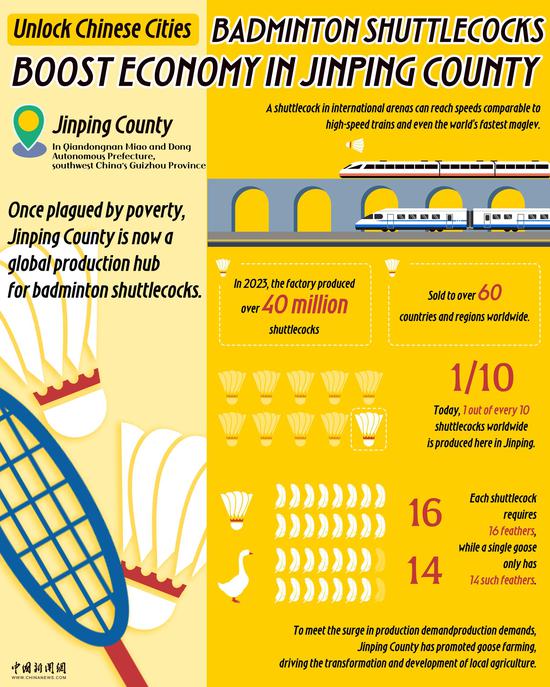Chinese authorities have arrested more than 20,100 individuals for crimes against minors since February, marking a 22.1 percent increase from the previous year, the Supreme People's Procuratorate announced on Monday. During the same period, around 24,000 people were prosecuted for such crimes, reflecting a 24.58 percent year-on-year rise.
These actions are part of a special operation launched by the SPP in February, aimed at addressing issues that affect public well-being, violate legitimate rights, and significantly impact social welfare, with a particular focus on protecting minors.
The SPP has implemented several legal measures to safeguard minors' rights, including issuing "guardianship supervision orders," revoking guardianship privileges, and initiating public interest litigation. More than 11,000 "guardianship supervision orders" have been issued, with over 8,600 directed at guardians of minors involved in crimes and more than 2,200 targeting guardians of minor victims.
Procuratorates have also handled over 4,010 public interest litigation cases related to the protection of minors, issuing more than 2,430 pre-litigation prosecutorial recommendations to regulatory departments. These recommendations urge agencies to fully perform their duties in cases involving administrative public interest litigation.
In addition, procuratorates have overseen more than 2,000 cases against administrative departments and over 700 public interest litigation cases focused on protecting women's rights.
Efforts to enhance judicial assistance for those affected by relevant cases have also been significant. During this period, procuratorates handled 21,000 judicial assistance cases, providing aid to over 20,000 individuals and disbursing 180 million yuan ($25.1 million) in assistance funds.
The operation has also intensified the protection of labor rights, particularly for flexibly employed workers. Prosecutors have overseen more than 350 public interest litigation cases in this domain, including over 120 cases concerning the rights of rural migrant workers and disabled workers, as well as more than 230 cases focused on the rights of female workers.


















































 京公网安备 11010202009201号
京公网安备 11010202009201号